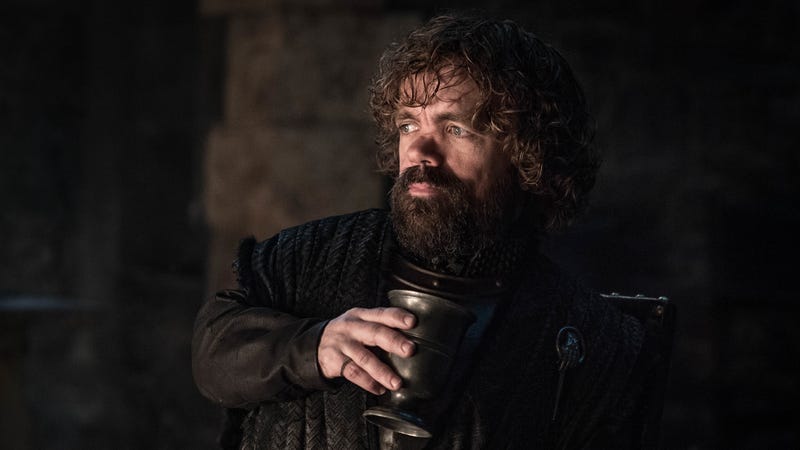
Sérgio Augusto, O Estado de S. Paulo
Quando ouve falar em cultura, Bolsonaro não ameaça puxar o revólver, no máximo aponta aquelas bisonhas pistolas imaginárias, que se tornaram a marca – a marca, não, a mácula registrada de sua campanha.
Ao contrário de Riefenstahl, que optou pelo opróbrio de ficar e dirigir os dois mais reputados filmes de propaganda nazista, Lang fugiu do país horas depois do convite, para só voltar 30 anos mais tarde.
Por essa e outras, sempre vi com desconfiança as hiperbólicas comparações que, no calor da campanha eleitoral, fizeram entre Bolsonaro e Hitler, Bolsonaro e o fascismo, Bolsonaro e Mussolini. O Reich nazista ao menos se esforçou para cooptar Lang e Riefenstahl. E Mussolini construiu os estúdios de Cinecittà.
Bolsonaro podia ter feito de José Padilha a nossa Leni Riefenstahl. (Nossa, não, a sua, dele.) Mas dormiu no ponto, preferiu ficar fazendo ameaças (extinguir o Ministério da Cultura, acabar com a “desgraçada” Lei Rouanet, promover expurgos no sistema educacional, tirar o emprego de todos os “comunistas” ao alcance do seu mando, etc.), selecionando a dedo os piores auxiliares disponíveis, fomentando o ódio, brigando com seu vice e os filhos, quando não disparando disparates no Twitter, a prova cabal de que seu avatar nunca foi Hitler, nem Mussolini, mas Trump.
Vai daí que Padilha teve tempo de se decepcionar e afinal se indispor publicamente com o bolsonato. Resultado: não teremos uma continuação de O Mecanismo, que os bolsominions aguardavam em patriótico suspense, quem sabe esperançosos de que dessa vez Padilha, ao exaltar na tela o triunfo da vontade de 57 milhões de eleitores, finalmente tomaria o lugar de Kleber Mendonça Filho nos festivais de cinema da Europa.
Algumas ameaças de campanha já foram cumpridas. Bolsonaro mostrou-se, até agora, um homem de palavra. Nenhum de seus eleitores poderá queixar-se ao Procon de que foi torpemente enganado. O fato de ele não ter prometido queimar livros de autores indesejáveis, em praça pública, distingue-o ainda mais de Hitler e Goebbels. Mas não tanto, vale notar, da ditadura militar (1964-1985) e do governo Collor.
Em seu curto mandato de dois anos, Collor inviabilizou nossa indústria de filmes, revogou a Lei Sarney (embrião da Lei Rouanet) e entregou os escombros da cultura à falta de tato e ao excesso de arrogância e ressentimento de um cineasta paraibano que a história sepultou.
O Golpe de 64 fez uma razia no meio acadêmico, consagrou dedos-duros de escol, como o reitor Eremildo Viana e o animador de rádio César de Alencar, apreendeu livros, censurou filmes e peças, prendeu e torturou gente, com tal ímpeto e apetite que a Revista Civilização Brasileira viu-se obrigada a criar uma seção intitulada Terrorismo Cultural, para nos manter atualizados com as contínuas agressões da ditadura ao livre pensar.
Mas, apesar de tudo isso e da matança de artistas, intelectuais e milhares de espectadores quase consumada num show de 1.º de Maio no Riocentro, em 1981, a ditadura tinha bem menos pangarés em seus quadros que o atual governo. E vários nem pangarés eram.
Cadê, por exemplo, o Roberto Campos, o Mário Henrique Simonsen, o Mário Gibson Barbosa, o Azeredo da Silveira, o Saraiva Guerreiro, o Severo Gomes – meu Deus!, o Severo Gomes – do bolsonarato? Nem direita temos mais; só uma extrema direita fuleira, fanatizada por um horoscopista encafuado na Virginia, um Lopez Rega de chapéu Stetson.
Precisamos, portanto, parar não só com as aliterações, mas também com as comparações inadequadas, sobremodo injustas com vários vilões do passado, excluídos os três mais abomináveis ministros da Justiça da história do Brasil – Gama e Silva, Alfredo Buzaid e Armando Falcão –, não por acaso serviçais da ditadura.
O general Castello Branco, o ditador 01, tinha gosto pela leitura. Os demais, à exceção de Geisel, eram de poucas luzes, mas até o folclórico Costa e Silva era bem menos tosco que o ex-capitão que ora nos aflige. À exceção de seu vice, que já revelou ter lido e apreciado o historiador escocês Niall Ferguson, conservador, mas de alto nível, o restante do bivaque nem se dá o trabalho de puxar um canivete quando ouve falar em cultura.
Indagado sobre seus hábitos de leitura por Pedro Bial, duas semanas atrás, o ministro da Justiça Sérgio Moro confessou sua preferência por biografias. Indagar sobre hábitos de leitura a qualquer integrante do atual governo é quase uma pegadinha. Tudo bem que o ex-juiz de fato prefira aquele gênero sempre citado por quem não é muito chegado a leitura (o segundo mais citado são os livros de história), mas pegou muito mal ele não ter ao menos decorado o título de um livro para saciar a curiosidade do Bial e dos telespectadores.
“O projeto do governo é exterminar-nos: artistas, intelectuais, cineastas, professores”, alertou há dias em seu blog Jean-Claude Bernardet. Como ele é artista, intelectual, cineasta e professor, por certo sabe, como sempre soube, desde a invasão da Universidade de Brasília em 1964, do que está falando. A história porém nos ensina que a cultura é mais forte e resiliente que qualquer governo. Quem sobreviver verá.



